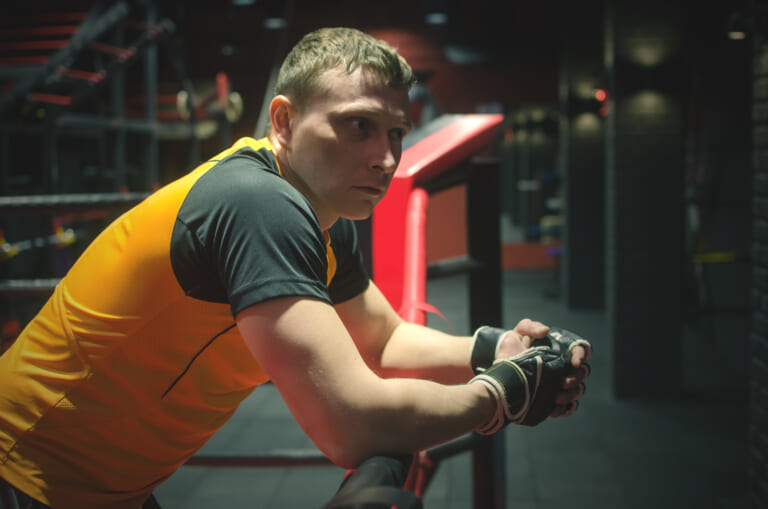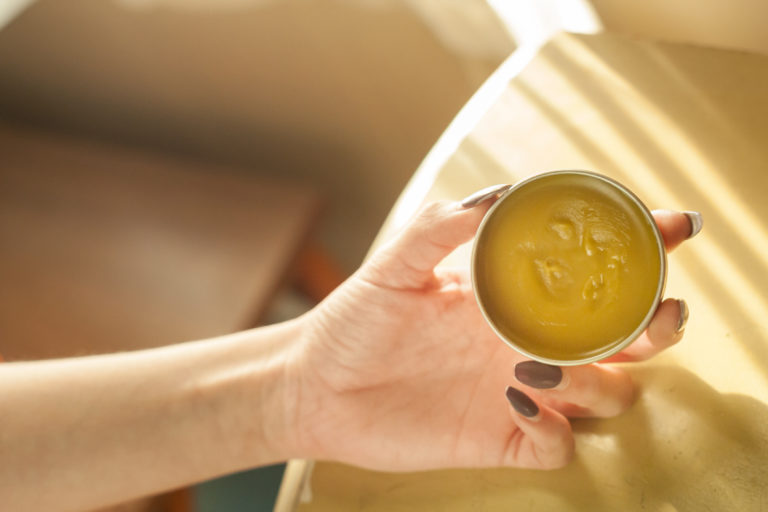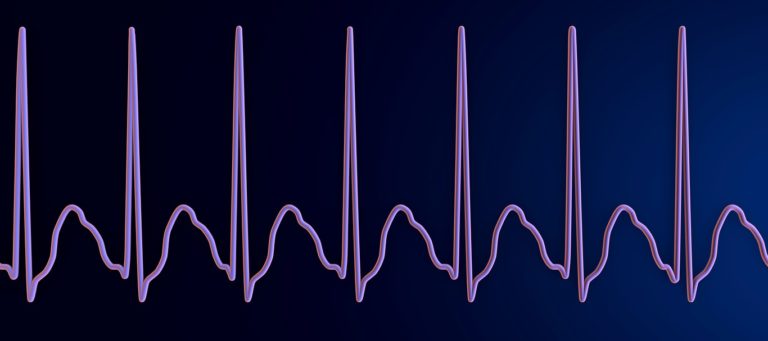Martial arts have been practiced for centuries and include disciplines like karate, judo, taekwondo, and kung fu. These ancient practices are more than fighting; they promote physical and spiritual well-being. Whether you want to get fit, learn self-defense, or find inner peace, martial arts offer many benefits beyond the dojo. Moreover, martial arts can complement a healthy lifestyle, including the use of vitamins for athletes, by enhancing physical conditioning and mental focus, which are crucial for sports performance.
Why Are Martial Arts Important?
Martial arts have deep roots in various cultures, each with a rich history and unique philosophy. Karate, originating from Okinawa in the early 20th century, emphasizes strikes like punches and kicks. Judo, developed in Japan in 1882 by Jigoro Kano, focuses on throws and grappling. Taekwondo, established in Korea in the 1950s and 1960s, is renowned for its fast and powerful kicking techniques. Kung fu, with origins dating back to ancient China, includes styles blending striking, grappling, and acrobatics.
Why is martial arts important? Martial arts training is rigorous and diverse, covering physical, mental, and spiritual aspects. It improves fitness, discipline, and mental strength. Students advance through belt levels, starting as beginners and moving up to black belts and beyond. Training includes warm-ups, drills, and sparring.
10 Main Benefits of Learning Martial Arts
Learning martial arts offers many benefits beyond just fighting skills. Whether you want to get fitter, learn self-defense, or become mentally stronger, martial arts can help you grow personally. People of all ages and backgrounds can experience positive changes through regular training. In this section, we’ll look at the top ten health benefits of martial arts and how they can improve your well-being and life.
Physical Fitness: Martial arts provide a complete workout engaging all muscle groups. Movements like kicks, punches, and throws improve cardiovascular health, muscle strength, and endurance. Regular practice promotes weight loss, flexibility, and coordination, enhancing overall fitness. Exercises for agility, speed, and explosive power are also part of martial arts training, highlighting the diverse range of martial arts health benefits.
Self-Defense Skills: Martial arts offer practical self-defense techniques for various situations, boosting personal safety and confidence. Training includes situational awareness and conflict resolution skills, helping avoid confrontations. Confidence gained can improve assertiveness and decision-making. Overall, martial arts enhance personal safety and well-being in daily life.Discipline and Self-Control: Martial arts training emphasizes discipline, respect, and self-control. Students learn to follow instructions, maintain focus, and control their emotions. These skills develop through consistent practice and adherence to dojo etiquette, fostering discipline. This mindset extends to everyday life, aiding in work ethic, time management, and goal achievement. Martial arts also teach self-control, improving decision-making, impulse control, and calmness under pressure. Overall, martial arts foster a disciplined mindset with positive impacts on various aspects of life.
Mental Health and Martial Arts: Training provides a healthy outlet for stress relief, reducing anxiety and depression. The meditative aspects of martial arts, including breathing exercises and mindfulness, promote mental clarity and emotional stability, contributing to overall mental well-being.
Studies have shown that the mental benefits of martial arts can significantly impact your life. Research shows that martial arts can reduce anxiety and depression, improve mood, and boost self-efficacy and resilience. The focus and discipline in martial arts also enhance cognitive function and concentration. These martial arts advantages provide a positive impact on mental well-being.
Coordination and Balance: Martial arts demand precise movements and exceptional body control. Complex techniques and forms develop fine motor skills and proprioception, enhancing physical coordination and stability.
Martial arts improve balance and coordination, which are crucial as we age. They also help prevent falls and injuries, especially in older adults. Training enhances coordination, balance, and overall physical control, benefiting daily life.
Respect and Humility: What are the benefits of martial arts? Of course, respect and humility! Respect for instructors, fellow students, and the martial arts tradition is crucial. Students learn to appreciate others’ efforts and skills, fostering humility. These traits promote positive interactions and relationships beyond the dojo.
Social Interaction: Training in martial arts provides a sense of community and belonging. Practicing with others creates bonds and friendships, offering social support and motivation. The dojo environment encourages teamwork, mutual respect, and camaraderie, making it a great place to connect with like-minded individuals.
Goal Setting: In martial arts, you set and achieve goals, like learning a new technique or earning the next belt. This teaches perseverance, patience, and dedication, which can help in personal and professional life.
Setting and achieving goals in martial arts can profoundly impact personal development. Practitioners learn to set SMART goals, which can be applied to other areas of life. Working towards these goals teaches perseverance, discipline, and time management. Achieving goals boosts self-confidence and motivation. Overall, goal setting in martial arts is a powerful tool for personal growth.
Confidence: By enhancing mental health, martial arts can help you build confidence. Achievements, like mastering techniques or earning belts, boost self-esteem. This personal growth translates into greater confidence in life.
Research shows martial arts can increase self-confidence. Practitioners believe in their abilities and become more self-assured. This confidence extends to social interactions and decision-making. Martial arts also teach humility, as practitioners learn to respect others. Overall, martial arts can positively impact relationships, career success, and well-being.
Lifelong Learning: Martial arts is a lifelong journey of continuous learning and self-improvement. Regardless of age or skill level, there is always more to learn and refine. This commitment to ongoing growth and development keeps practitioners engaged and motivated, making martial arts a fulfilling lifelong practice.
Additional Benefits of Martial Arts for Adults
Most people know about the main benefits of martial arts for adults, like fitness, self-defense, and discipline. But there are other advantages too. These benefits help with overall well-being and personal growth. Martial arts offer a holistic approach to fitness and self-improvement. They improve mental focus, emotional regulation, flexibility, and cardiovascular health. In this section, we’ll explore some of these lesser-known benefits that make martial arts a comprehensive practice for mind, body, and spirit.
Enhanced Focus and Concentration
Martial arts training demands a high level of focus and concentration. Practitioners must pay attention to their movements, their surroundings, and their opponents. Intense focus in martial arts improves cognitive functions and enhances concentration skills. It can even lead to better academic and professional performance. This ability to concentrate intensely and maintain focus is a valuable skill that martial artists use in all areas of their lives.
Stress Relief
What are martial arts good for in terms of stress management? Physical activity in martial arts releases endorphins, which are natural mood lifters. Mindfulness and meditation in martial arts reduce stress, promoting calm and relaxation. Martial arts are great for managing stress and improving mental health.
Improved Flexibility and Mobility
Martial arts training includes stretching exercises that improve flexibility and joint mobility. Increased flexibility reduces common MMA injuries and enhances range of motion, making daily activities easier. This is especially helpful for older adults, who maintain mobility and independence as they age.
Emotional Regulation
Martial arts teach emotional regulation in high-pressure situations. This skill is developed through sparring and competition, where staying calm is crucial. Effective emotional regulation is valuable for personal and professional relationships, highlighting the significant role of martial arts in mental health.
Cardiovascular Health
Martial arts training is great for cardiovascular health. Regular practice strengthens the heart, improves circulation, and lowers blood pressure. This reduces the risk of heart disease and other cardiovascular conditions, leading to a healthier, longer life.
Weight Management
Martial arts is a highly effective way to manage weight. Martial arts combine cardiovascular exercise, strength training, and HIIT to burn calories and build muscle. Regular practice, along with a healthy diet, can lead to significant weight loss and improved body composition.
A Stronger, Healthier You: The Physical Benefits of Martial Arts Training
Martial arts are holistic, nurturing the body, mind, and spirit. Their benefits extend beyond the dojo, enhancing physical fitness and mental resilience. Whether you’re a beginner or experienced, martial arts offer self-discovery, discipline, and continuous improvement. Embrace the practice and experience its transformative power.
Incorporating martial arts offers many physical benefits. It improves physical health, mental well-being, and overall quality of life. Martial arts build strength, self-defense skills, mental focus, and emotional resilience. They have something for everyone. Start your martial arts journey today and receive the physical benefits of martial arts. Consider consulting TheFightDoctors.com to enhance your training and health. This physician-run company offers unique expertise and individual lot testing on products for proven results. Their support can help you achieve your martial arts and health goals.







